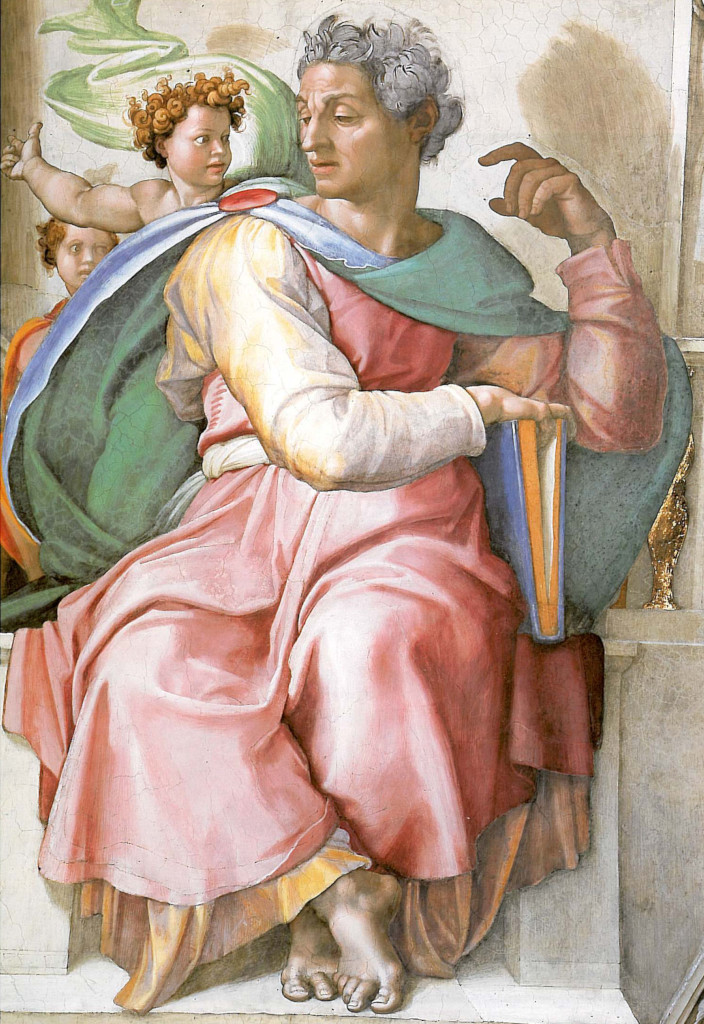 |
| Michelangelo's famous image of Isaiah. |
The second part of the Book of Isaiah the prophet is very
special to Christians. It contains, amongst much else, four Songs of the
Servant of the Lord, which increasingly reveal him as a Suffering Servant. The third
of these Songs of the Servant of God presents him as being falsely accused
before the authorities of his people, despised, insulted and humiliated, but
nevertheless confident that whatever he must suffer, God will ultimately
vindicate him.
For a Christian, this song resembles so much the trial of
Jesus before the Council of his own people; for he was not tried by foreigners,
but by those who should most have understood whom he is, who should have
recognised him when he came, but did not do so; his own people, and their
leaders at that, who really should have known better.
We should look carefully towards ourselves when considering
this scripture. The leaders of Israel may have been instrumental in securing Jesus’
crucifixion, but we must never forget that he is the “Lamb of God who takes away the sins of the world.” And
that means our sins; all of them. Yes;
it is our sins that nailed him to the cross. But God does not hold this against
us. He wants us to come to repentance for sin, to turn back to him and seek the
forgiveness that Jesus alone has won for us by his death and resurrection. Failure
to do this empties the cross of Christ of
meaning in our lives.
“Seek the Lord while he is still to be found!”
counsels the same prophet Isaiah. There is nothing more important in our lives.
In the prayer of Jesus to be found in the lines of poetry affixed by the
composer Gustav Mahler to the beginning of the last movement of his Third
Symphony, “Father, look upon these wounds of mine. Let not one of your creatures
be lost to you!” May it be so.
Fr Phillip.

No comments:
Post a Comment